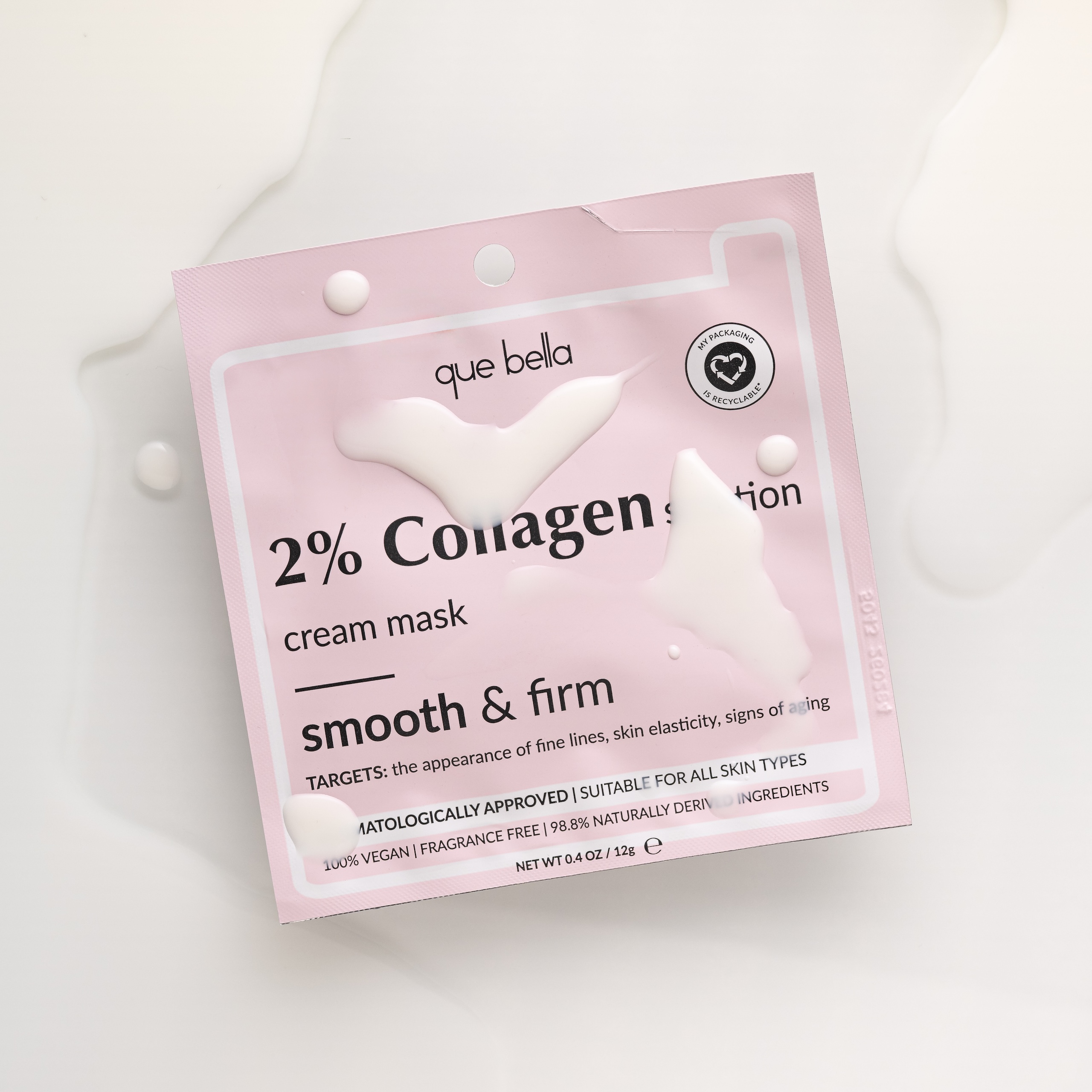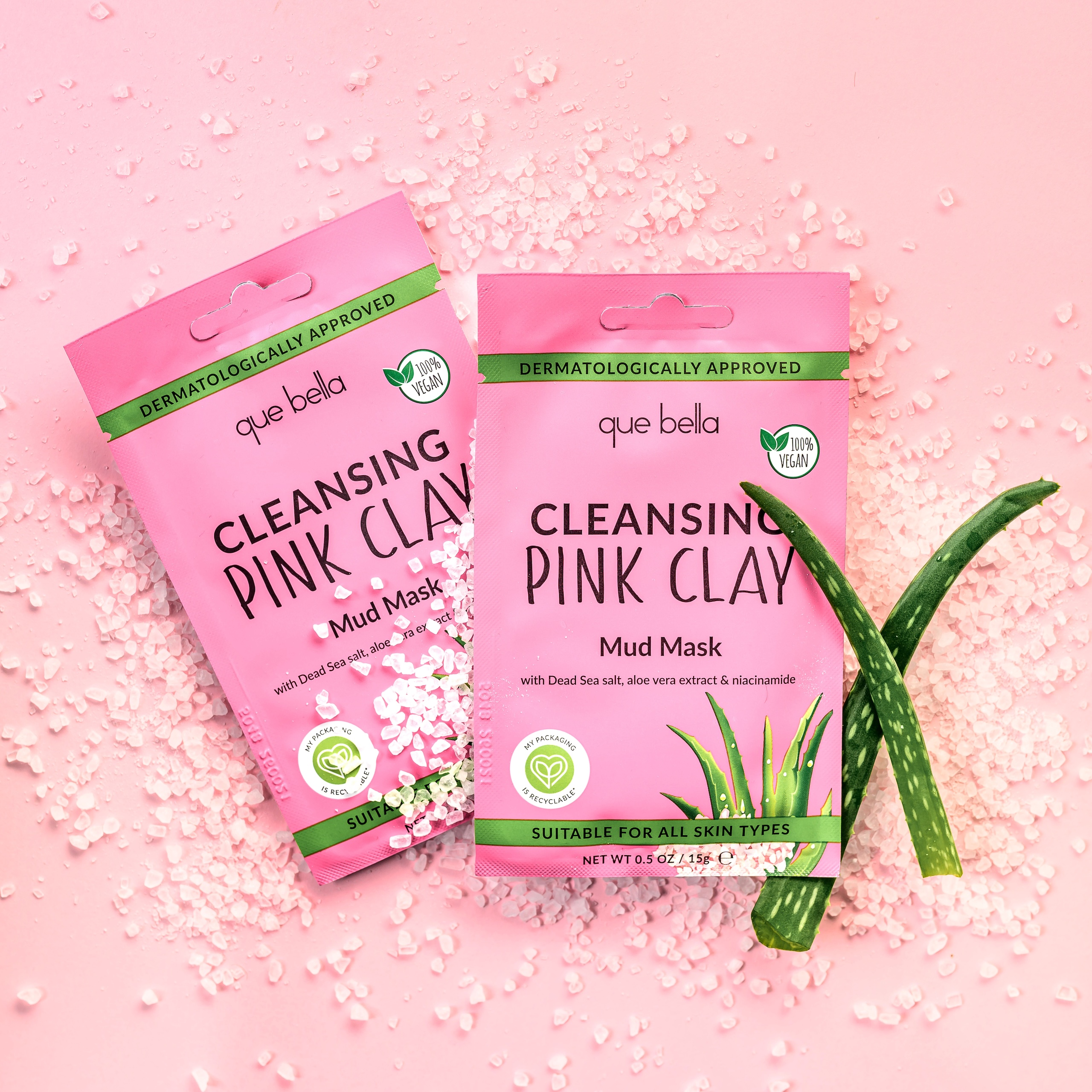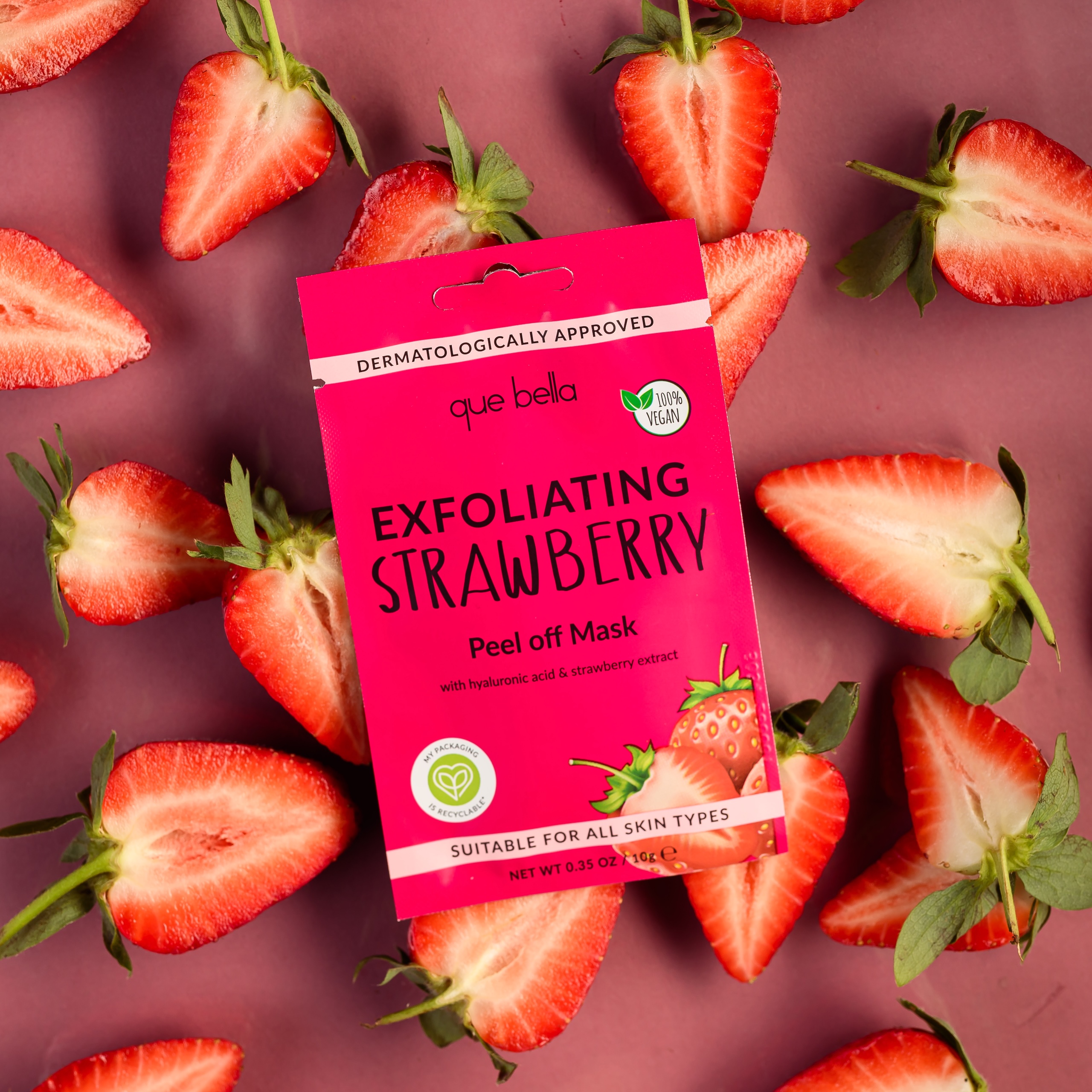More than 80% of people are estimated to suffer with acne at some point in their life [1]. While for most people, acne – caused by a build-up of oil and dead cells in the skin – tends to clear up by the time they reach adulthood, living with it can really impact self-esteem and confidence.
The good news is that with the right treatments and advice, acne is a condition that can be managed. There are two main types of acne- inflammatory and non-inflammatory. Inflammatory acne results in spots that are red and swollen, while non-inflammatory acne does not normally cause swelling.
Can you use a face mask for blemish prone skin?
One of the most common forms of non-inflammatory acne is blackheads – black or yellow bumps that appear on the skin, often on the nose, forehead or chin. Whiteheads, another type of acne, are generally firmer and harder to squeeze out. Both of these types of acne can be managed thanks to over-the counter products, as well as skin treatments that improve the general appearance of the skin, such as a face mask for blemishes or specialist cleansers.
Detoxifying products which deep-clean the skin and gently draw out impurities and blockages can help tackle the appearance of blackheads and whiteheads and improve the general tone and appearance of skin. Try a mud mask for acne prone-skin, a clay mask or try a vegan skin care product such as a face mask with soothing aloe vera. Vegan acne skin care is growing in popularity as it is often kinder to sensitive skin which is more prone to breakouts and blemishes.
Inflammatory includes papules, pustules, nodules or cysts. Papules, which are caused by severe inflammation of the walls surrounding pores, are tender red bumps on the skin. Pustules are similar but contain a white bump of pus at the centre. Both of these are considered a more moderate form of acne and can sometimes be controlled with over-the-counter topical products.
Try a witch hazel or tea tree oil face mask for acne-prone skin as both of these natural products are known for their skin-healing properties. Que Bella Beauty has a range of face masks that can help spot-prone skin. The Deep Cleansing Aloe Vera Cream Mask has been specially designed by experts to help rid the skin of impurities and rejuvenate oily and T-Zone skin, while the vegan Purifying Tea Tree and Witch Hazel Mud Mask helps draw out impurities naturally.
Nodules and cysts are the final types of acne, both of which usually require the attention of a doctor or dermatologist.
Skin experts recommend treating acne-prone skin gently and with products that are alcohol free. It is recommended that you wash skin twice a day and after perspiring. Skin should be rinsed with lukewarm water and try not to touch your face too much throughout the day. If your skin is not improving or is making you unhappy, seek help from your doctor.






